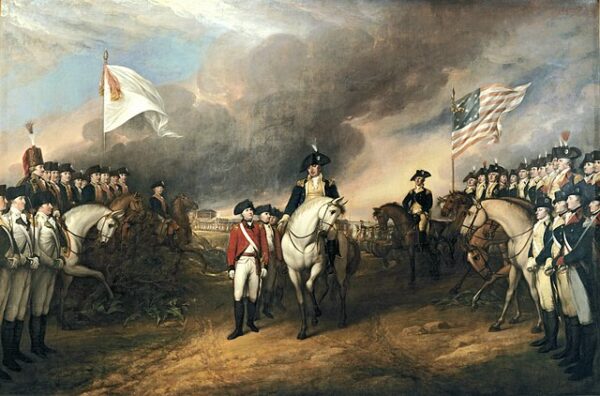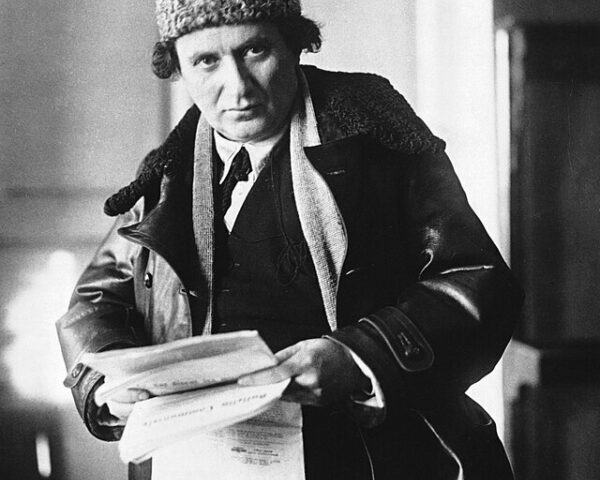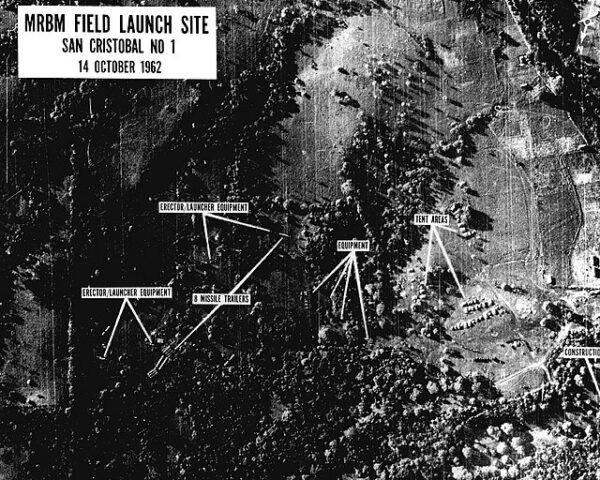On November 3, 1783, the American Continental Army was formally disbanded, marking a defining moment in U.S. history. This decision followed the signing of the Treaty of Paris in September 1783, which officially ended the American Revolutionary War. After nearly eight years of struggle against British forces, the conclusion of the war initiated a new phase for the young United States, transitioning it from a wartime footing to a framework of peacetime governance. The disbanding of the Continental Army was a key step in this process, underscoring the nation’s commitment to republican ideals and the concept of civilian control over the military.
Formed in 1775 by the Second Continental Congress, the Continental Army played a crucial role in securing American independence. Initially composed of regional militias and volunteers, it was placed under the command of General George Washington, who led it through the challenges of war. The army faced significant obstacles, from supply shortages and inconsistent pay to low morale. Nevertheless, it achieved critical victories, such as the win at the Battle of Saratoga in 1777, which helped secure French support, and the British surrender at Yorktown in 1781. These successes were essential to turning the tide against Britain, ultimately paving the way for American independence.
As peace talks with Britain advanced, the question of the army’s future became a pressing issue. Many Americans were wary of maintaining a standing army in peacetime, fearing it could lead to abuses of power akin to those seen in European monarchies, where large armies enforced monarchical authority. There was also concern over the financial burden a permanent army would impose. Additionally, the Continental Congress faced mounting pressure from soldiers and officers who sought compensation and pensions for their years of service. The threat of mutiny grew in early 1783, fueled by the frustration of unpaid soldiers who had not received the rewards they had been promised.
In March 1783, tensions came to a head in what became known as the Newburgh Conspiracy. Disgruntled officers, disillusioned by the lack of pay and doubtful that they would receive the promised pensions, began planning to pressure Congress into meeting their demands, even entertaining the idea that General Washington might lead them in seizing power. Washington, however, intervened decisively, delivering an impassioned speech to the officers, appealing to their sense of honor and patriotism. His intervention not only diffused the immediate crisis but also reinforced the principle of military subordination to civilian authority, a critical ideal in the young republic.
With the signing and ratification of the Treaty of Paris, Congress saw an opportunity to dissolve the Continental Army, thereby alleviating the financial and political burdens it posed. On November 2, 1783, General Washington issued his farewell address to his troops, expressing his gratitude for their sacrifices and urging them to return to civilian life as dedicated citizens. He underscored his hope that they would help build the nation they had fought to establish. The next day, on November 3, Congress officially disbanded the army, retaining only a small force to guard forts and maintain the western frontier.
Washington’s decision to relinquish his military command and return to private life was both symbolic and historic, setting a powerful example for future generations. By stepping down, he reinforced the principle that the military should remain under civilian oversight, rejecting any notion of military rule. His actions helped prevent the emergence of a military dictatorship, upholding the values of republicanism that had driven the American Revolution. Washington’s self-restraint and adherence to civic virtue became a model of leadership and humility, resonating deeply within the new nation.
The disbandment of the Continental Army also highlighted the challenges the United States would encounter in crafting a defense policy. Without a standing army, the nation was left vulnerable to external and internal threats. In the years that followed, state militias formed the backbone of American defense until the re-establishment of a permanent military with the formation of the U.S. Army in 1791, albeit under strict civilian oversight to avoid concentrating power.
The decision to disband the Continental Army on November 3, 1783, thus stands as a foundational moment in American history. It showcased a dedication to limiting military power, a principle later enshrined in the U.S. Constitution. This act not only shaped the identity of the American republic but also established a precedent for balancing defense needs with the values of freedom and democracy. The legacy of this decision remains influential, reflecting an enduring commitment to civilian oversight of the military—a cornerstone of American governance that persists to this day.






